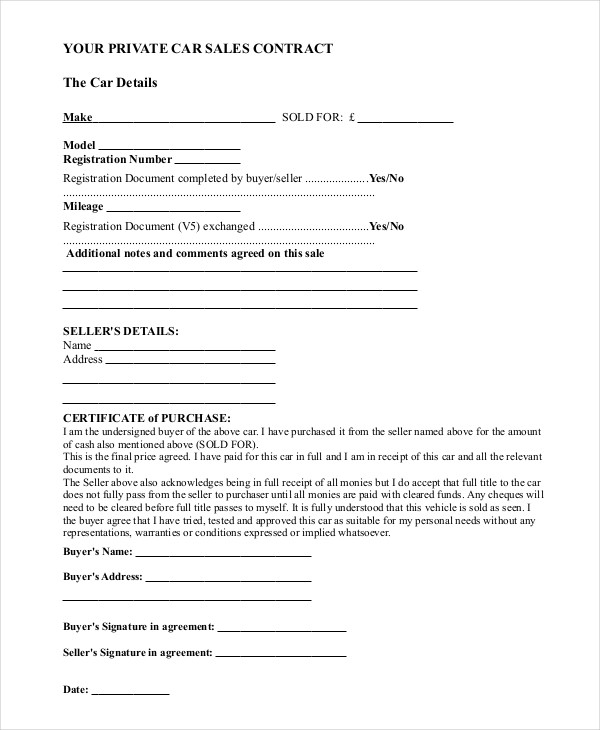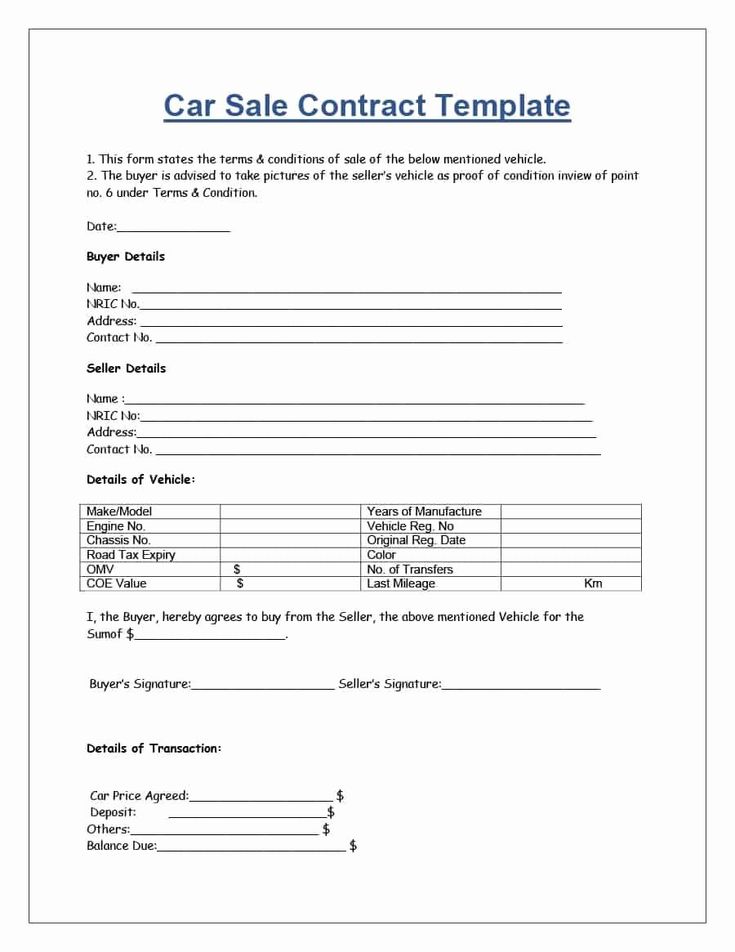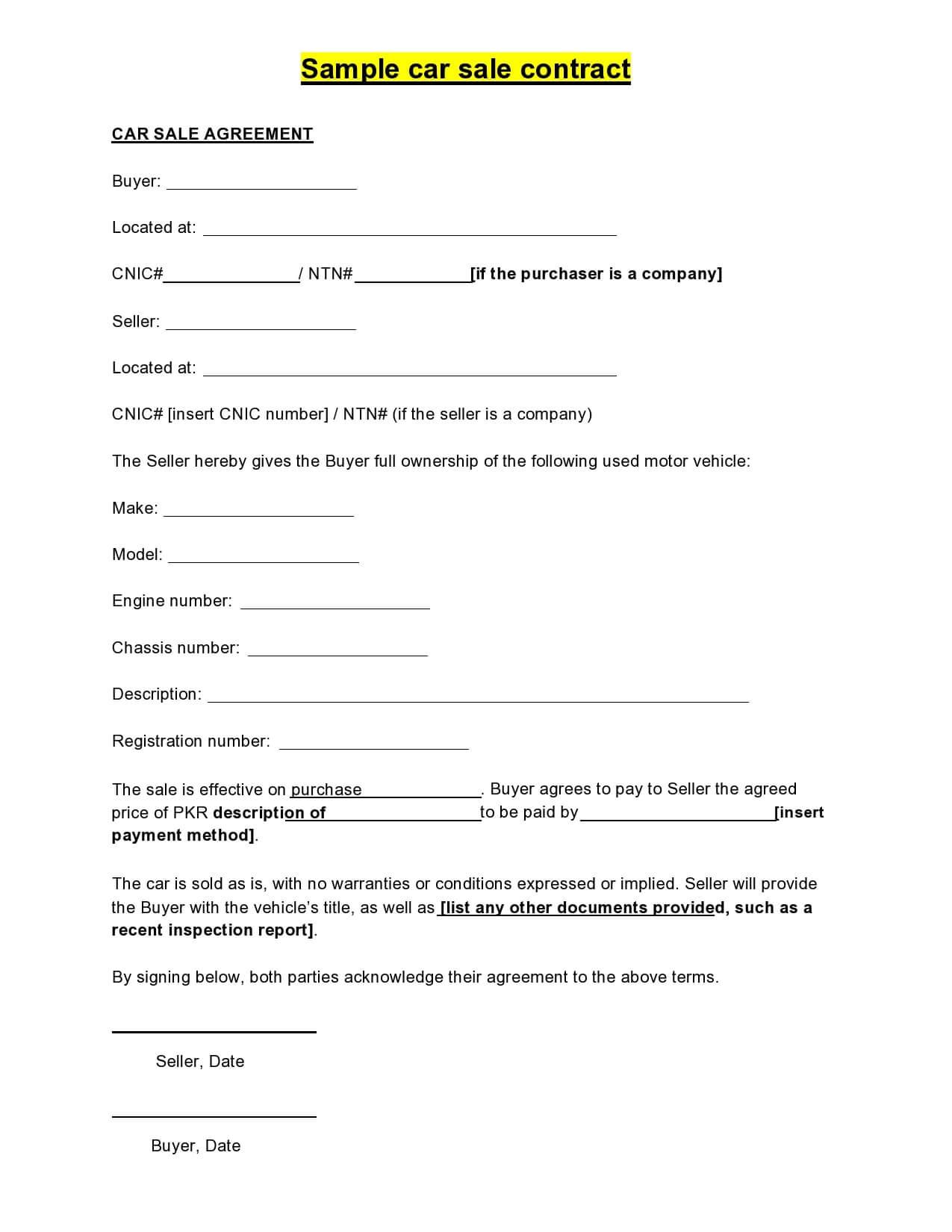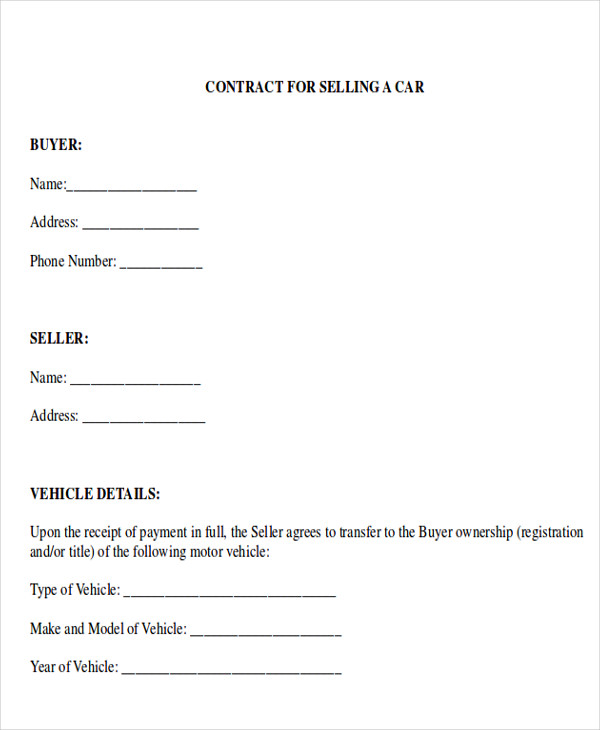When buying or selling a car, it is crucial to have a written contract that outlines the terms of the sale. A private car sales agreement serves as a legal document that protects both the buyer and seller from potential disputes or misunderstandings.
This article will explain what a private car sales agreement is, why it is essential, how to create one, provide examples, and offer tips for a successful car sale.
What is a Private Car Sales Agreement?
A private car sales agreement is a written contract that outlines the terms and conditions of a car sale between a buyer and seller. It serves as a legally binding document that protects both parties involved in the transaction. The agreement typically includes information about the buyer, seller, vehicle details, purchase price, payment terms, and any additional conditions or warranties.
Having a private car sales agreement is essential for several reasons. It provides clarity and protection for both the buyer and seller, ensuring that all parties understand their rights and responsibilities. The agreement helps prevent misunderstandings or disputes that may arise during or after the sale. It also serves as evidence in case legal issues arise in the future.

Why is a Private Car Sales Agreement Important?
A private car sales agreement is important for several reasons:
- Legal Protection: The agreement protects both the buyer and seller by clearly stating the terms and conditions of the sale. It ensures that all parties are aware of their rights and responsibilities, reducing the risk of legal issues.
- Preventing Disputes: By clearly outlining the terms of the sale, a car sales agreement helps prevent misunderstandings or disputes between the buyer and seller. It provides a reference point for resolving any disagreements that may arise.
- Clarity and Transparency: The agreement ensures that all the important details of the car sale are documented, including the purchase price, payment terms, and any additional conditions or warranties. This clarity and transparency benefit both parties involved.
- Proof of Transaction: A private car sales agreement serves as proof of the transaction. It provides evidence of the agreed-upon terms and conditions, which can be helpful in case of any legal disputes or issues in the future.
How to Create a Private Car Sales Agreement
Creating a private car sales agreement is a straightforward process. You can follow these steps:
- Gather Information: Collect all the necessary information about the buyer, seller, and vehicle. This includes names, addresses, contact information, vehicle make, model, year, VIN, and any additional details.
- Include Terms and Conditions: Clearly outline the terms and conditions of the sale, including the purchase price, payment terms, delivery details, and any warranties or additional conditions.
- Define Signatures: Provide space for both the buyer and seller to sign and date the agreement. This ensures that all parties acknowledge and agree to the terms outlined in the document.
- Review and Print: Carefully review the agreement to ensure all the details are accurate and complete. Once reviewed, print multiple copies of the agreement for both the buyer and seller to keep.
It is also recommended to consult with a legal professional to ensure that your private car sales agreement complies with local laws and regulations.
Examples of Private Car Sales Agreements
Here are a few examples of what a private car sales agreement may look like:




Tips for Successful Car Sales
When selling a car, here are some tips to ensure a successful transaction:
- Research the Market: Determine the fair market value of your car by researching similar models and their prices. This will help you set a competitive and reasonable asking price.
- Clean and Prepare the Car: Make sure your car is clean, both inside and out. Remove personal belongings and address any minor repairs or maintenance issues.
- Take High-Quality Photos: Capture appealing photos of your car from different angles to attract potential buyers. Highlight the car’s best features and provide an accurate representation of its condition.
- Advertise Effectively: Utilize online platforms, social media, and local classifieds to advertise your car. Provide detailed information and include the asking price in your listings.
- Be Honest and Transparent: Provide accurate information about the car’s condition, history, and any known issues. Being honest and transparent builds trust with potential buyers.
- Arrange Safe Test Drives: When allowing potential buyers to test drive the car, ensure safety by accompanying them or requesting their driver’s license and insurance information.
- Negotiate Fairly: Be open to negotiations and consider reasonable offers. Find a balance between getting a fair price for your car and meeting the buyer’s expectations.
- Complete the Sales Agreement: Once you have agreed to the terms with the buyer, create and sign a private car sales agreement to finalize the transaction.
By following these tips, you can increase the chances of having a successful car sale while ensuring a smooth and transparent transaction for both parties involved.
Private Car Sales Agreement Template – Download